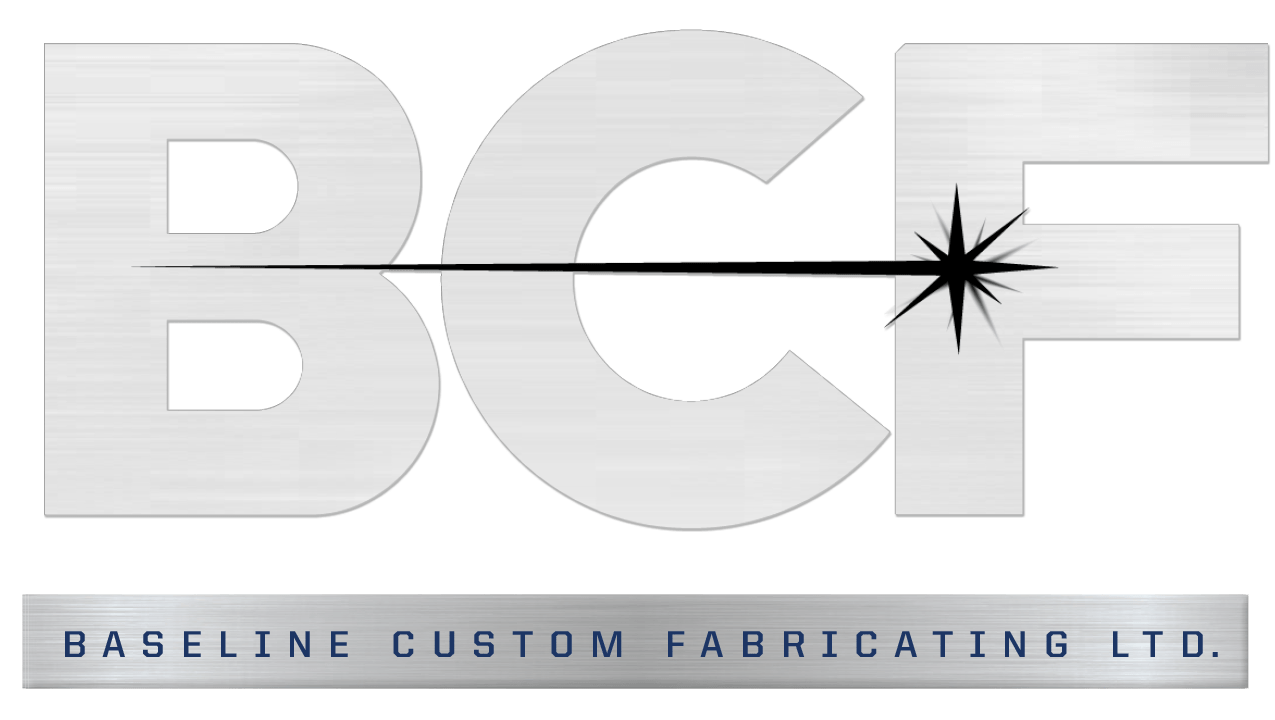Metal Fabrication and its Raw Materials
Metal fabrication involves several standard raw materials to their own disposal which in turn could minimize the workflow and cycle times. Metal fabrication refers to metal parts manufacturing, components and machineries by cutting, forming and some other processes alike. The usual fabrication techniques are lathing, welding, grinding, broaching, honing and milling through many shops which are engaged in metal fabrication. A lot of shops also offer different specialties which can be well-matched to the specific needs that you have. Metal fabrication is an important method to virtually all of manufacturers in different industries ranging from electrical to automotive and even to beverage. As time pass by, the popular raw materials usage has led to standardization of a lot of fabrication components and parts. Even before a metal fabrication starts, it is quite important to know the materials as to which are appropriate and available for your unique application.
The succeeding items are among the raw materials which much be readily obtainable from different metal suppliers: fittings, castings, plate metal, hardware, expanded and formed metal, flat metal, sectional metal and welding wire.
Raw Materials Casting
Casting is a type of fabrication method that’s already been used for more than 6,000 years now and involves forcing the liquid metal on a mold then allow it to cool down and then harden in its desired shape. Since casting has a higher point of custom flexibility, it makes it a better option for applications which necessitate complex geometries. The raw materials which are used in this process normally include the molten metal, concrete, epoxies and clay. Common metals which are utilized in the process of casting include aluminum, gold, silver, steel, copper, magnesium, iron, stainless steel.
Expanded and Formed Metal Raw Materials
The expanded metal derives its name from the process by which it was created: stock metal sheeting is sheared on a press in order to create diamond-shaped holes which are in turn surrounded by interlinked strands of metal. The resulting grate-like aesthetic makes the expanded metal ideal for fencing, outdoor furniture, and screen doors and in various architectural details. It is also being used as guarding on machineries in order to avoid contact with surfaces which are hot. The expanded metal raw materials also come in different variety of standard thicknesses and also grating sizes.
Different Types of Raw Materials
When metal fabrication is dealt with, hardware is identified as different standardized fittings or parts which are used in making a stronger product, much functional and easier to make. Metal fabrication hardware classifications come in great numbers and include the following basic materials like corners, locks, handles, keys, latches, wires and chains.
Different Sectional Metals Types
Composed of steel, these sectional metals are obtainable in different shapes that are standardized. They are widely used in construction and engineering industries. The ASTM or American Society for Testing and Materials rigidly defines the physical and chemical properties for every kind of sectional metal. I-beam and Z-shape are among the popular types.







